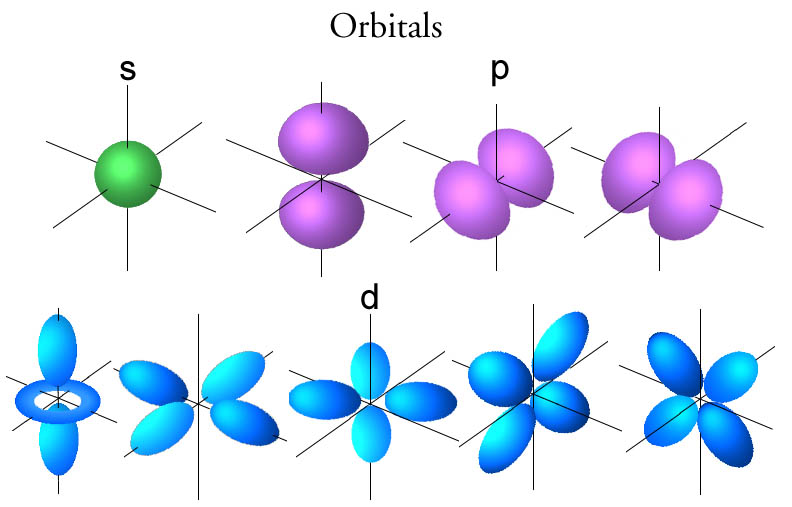A few typos in that post, so not a good start. Probably makes me look like an idiot. But I'll press on. First of all, I'll clear up the typos.
If by 'c' you mean the speed of light, then it doesn't happen -- a mass can't move at c. If you mean a lower velocity, then the rest frame of the electron is not an inertial frame.
Yeah, sure. All I really meant to say was that it's moving fast enough to have significant relativistic effects.
Electrons don't orbit neutrons, they do "orbit" protons. (It's called hydrogen.)
But the "orbit" model is very suspect, and a better model is quantum mechanics. The relativistic version of QM (Dirac equation rather than Schrödinger equation) includes the relativistic effects. Fun fact: the yellow color of gold comes from a relativistic effect on the "inner" electrons.
Right. I meant to say "nucleus" to keep it general rather than a specific "neutron". We'll get to the orbit thing in a moment.
The classical 'Rutherford model' of the atom as a sort of tiny solar system with electron 'planets' orbiting a nucleus 'sun' died in the early 20th century with the advent of quantum mechanics (it was known to be problematic almost from the start). So I don't think the question really makes sense with electrons; but if they
were like little balls orbiting, they would be accelerating, so not themselves in an inertial frame.
Sean Carroll's informal talk on quantum mechanics explains why the Rutherford atom doesn't work (at 16 mins 30 seconds):
Actually, I'm reading through Carroll's book on general relativity. That's the birth of my question because I take all kinds of side trips as I read - not to help me with the math, but to help me interpret what the math means. I'm aware the "orbit" idea is problematic, but it seemed the best approach for the moment. I expect to shed that term in due time.
Circular motion requires acceleration, so no, it's not an inertial frame.
Good. It seems to be a consensus that's the answer, so at least my head's in the right place so far.
Believe it or not, the math is not the problem. I'm confident I can handle the math. Rather, it's the interpretation that trips me up. We start with an observation: the speed of light is constant. OK. How do we explain that? Lorentz Transformations. OK. Not that tough. A brilliant insight for those who developed it, but for those of us with some math skills who are trailing behind the band wagon it's simple enough to understand.
For my example of a simple mass, let's make it's rest mass equivalent to an electron, since that's where I'm headed. Even then, it's still going to experience spacetime dilation, yes?
This is where things went off the rails for me. I simply wanted to know, when an electron is in orbit about a nucleus, does it experience spacetime dilation? It seems it would, but every reference I read started talking about charge and spin and comoving frames, etc. etc. etc. and I could never tell if they were trying to explain a "yes" answer to my question or a "no" answer. Or maybe they're telling me it's a stupid question.


